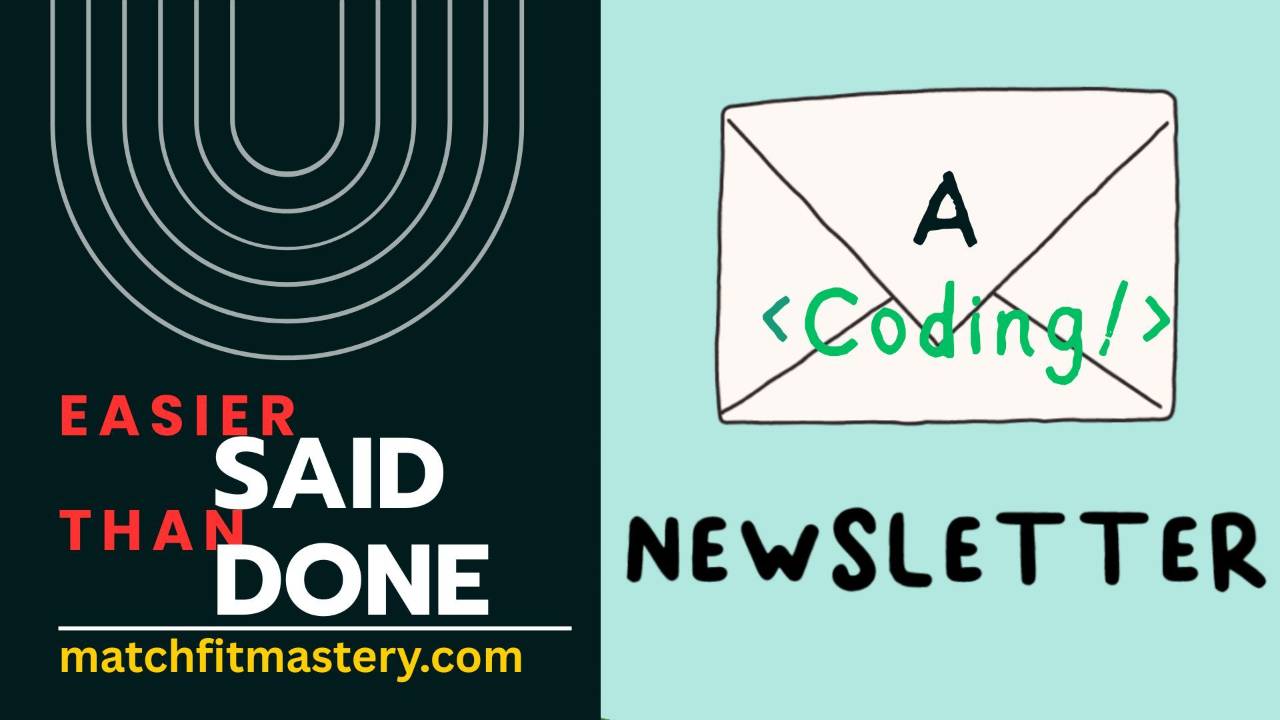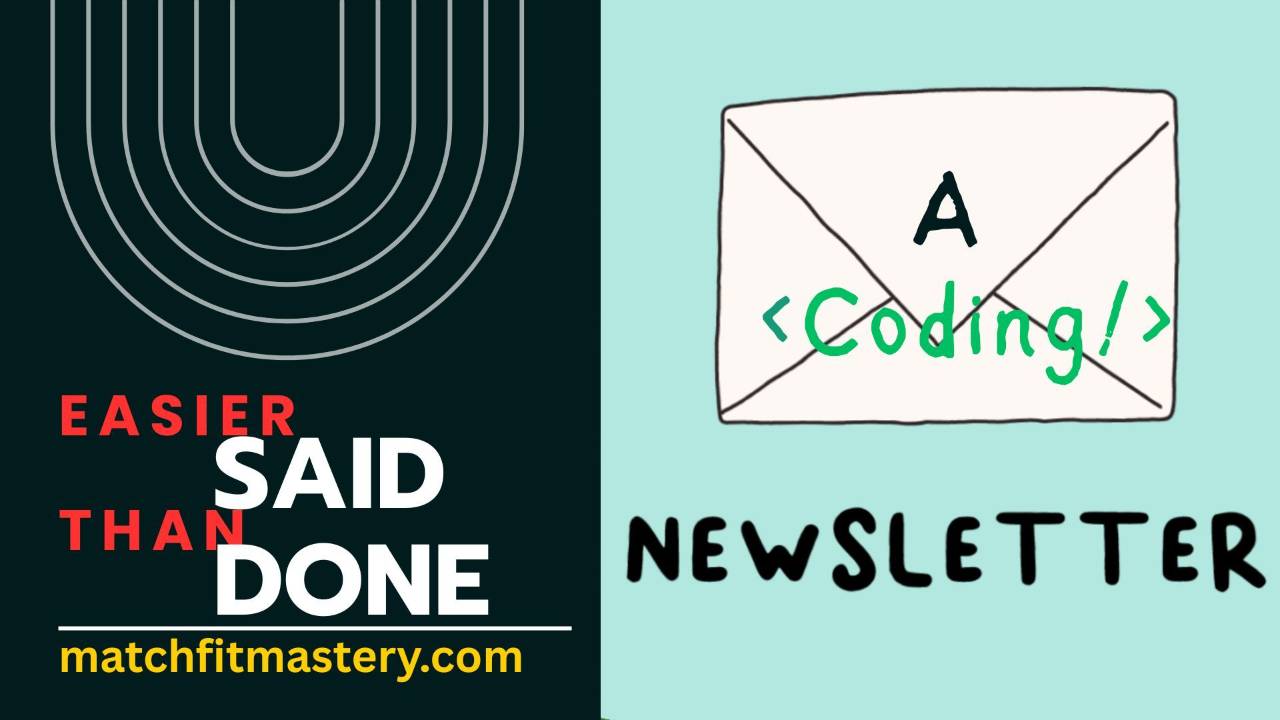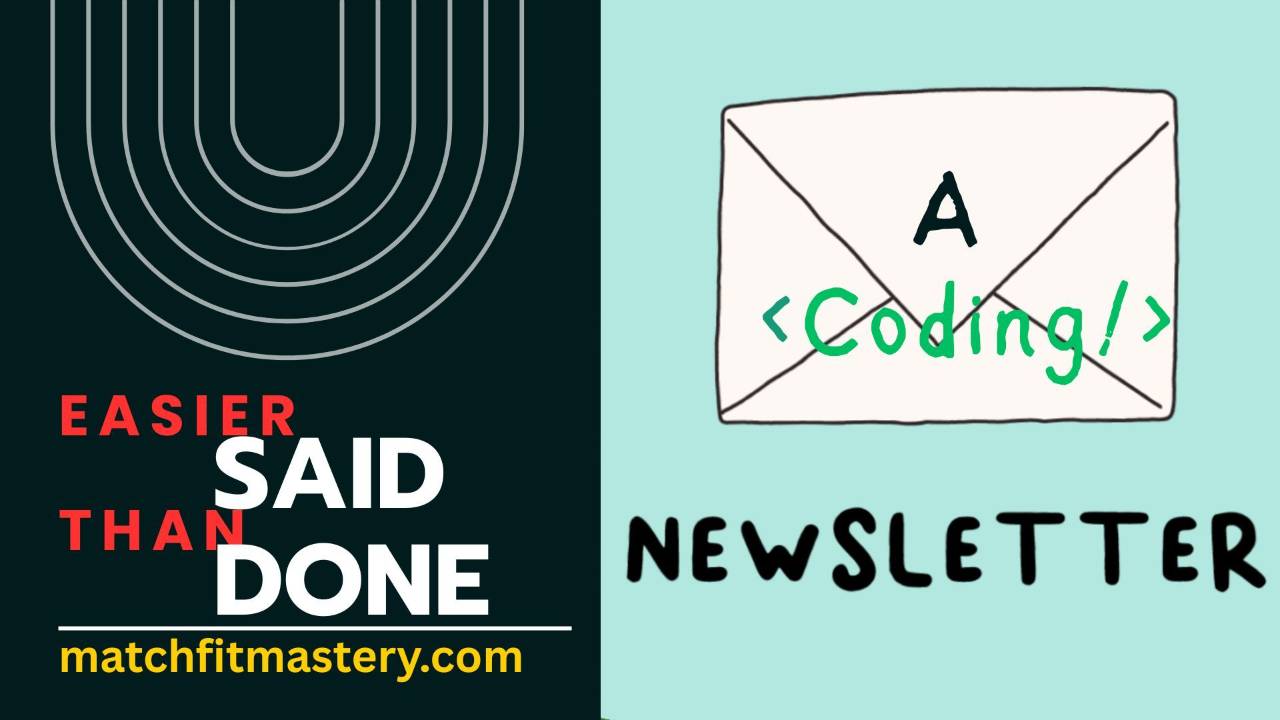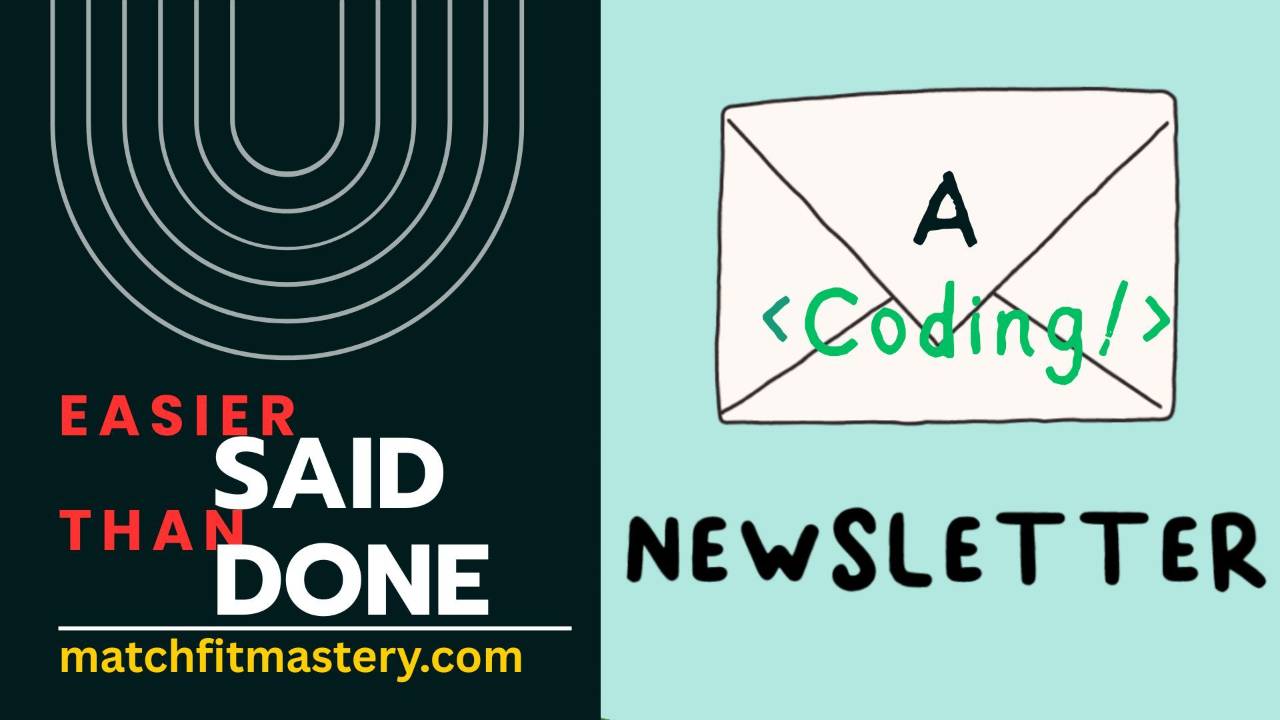Beyond the Code: How I Landed a Google Engineering Job After 15 Years in Law
If you're anything like I was a few years ago – a mid-career professional pouring everything into learning to code, dreaming of that exciting tech role – you might be hitting a wall. You've sacrificed nights and weekends, mastered new languages, built projects... and yet, the interviews aren't happening. Or if they are, they're not leading to offers.
I get it. After 15 years in law, I made the jump to Google as a software engineer, and let me tell you, the coding was only half the battle. In fact, getting hired was arguably the tougher, more strategic fight. Many of you who come to me for coaching are incredibly talented coders, but you're struggling because, like I initially did, you're missing a critical piece of the puzzle: the brutal, nuanced reality of the tech job market.
On my recent podcast episode, "How to Get a Google Engineering Job," I pulled back the curtain on why just learning to code isn't enough. It's an entry ticket, not the whole game.
The biggest misconception?
That your coding skills alone will stand out. Think about it: a hiring manager needs to mitigate risk. If they're choosing between you, a career changer with zero formal tech experience, and someone with a few years of established experience and a computer science degree, who do you think seems like the safer bet? It’s like hiring a mechanic for a complex engine repair—you’d likely pick the one with a track record, right?
The truth is, tech hiring managers have a "filtering system" designed to de-risk their choices. And your job, as a career changer, is to understand and navigate that system. It's not about being the best coder in the universe, but about being the smartest job seeker. This means strategically showcasing your transferable skills, understanding exactly what problems a company is desperate to solve, and proving you're the low-risk solution they've been looking for.
Key Actionable Points from the Episode:
-
Stop Competing Head-On (and Start De-Risking Yourself): You can't out-experience an experienced engineer. Instead, focus on why you're a low-risk hire. Identify the specific problems a company is desperate to solve and show how your unique background and newfound coding skills make you the perfect, unexpected solution. This is about matching their "desperation" with your "de-risked" solution.
-
Master Your Professional Narrative: Your past career isn't a liability; it's a goldmine of transferable skills. Learn how to strategically reframe your non-tech experience (e.g., problem-solving, project management, client communication) into a compelling story that resonates with tech roles. This helps you stand out from other new coders.
-
Go Beyond Online Applications: The "spray and pray" method of applying to hundreds of jobs rarely works. Focus on targeted networking, informational interviews, and leveraging your connections. Many jobs are filled through referrals and direct outreach before they even hit public job boards.
-
Prepare for the Entire Interview Journey: Technical skills are only one part. Practice articulating your thought process, mastering behavioral questions (using the STAR method!), and understanding system design basics. Mock interviews are crucial for refining your communication and confidence.
-
Develop a Holistic Job Search Strategy: Treat your career transition like a strategic project, not a series of isolated tasks. This includes personal branding, continuous learning tied to market needs, and a clear roadmap for how you'll move from coding enthusiast to employed engineer.
Landing a tech job after a career change is challenging, but it's absolutely achievable with the right strategy. I did it, and you can too.
Five ways we can help you:
1. Wondering what learning to code actually means?
Becoming a coder is much more than just "learning to code" some languages. When I got hired at Google, for example, I didnt know 3 out of the 4 languages I had to write every day.
If you're still wondering if coding is right for you then I recommend:
👉 My FreeCodeCamp Course --> Before You Learn To Code (Video).
👉 Updated version (including Google and other big tech experiences)
2. Inner Circle (Free Preview Included)
Our personalized, intensive mentorship program designed to help career changers go from zero to software developer—and actually get hired. It’s not for everyone, but if you’re ready to commit, we’ll walk with you every step.
👉Preview the Inner Circle Program -> free preview.
👉Apply for Inner Circle → parsity.io/inner-circle
3. Dev30
Want to learn the basics, but not quite ready for the Parsity Inner Circle? No problems - Try the Dev30 challenge!
It’s our 30-day JavaScript sprint focused on building real projects, learning in public, and creating a network in tech.
👉Join dev30 → dev30.xyz
4. Career Change To Code Podcast
Driving? At the gym? Hiding in the bathroom? Perfect time to inject the best techniques for a career change to code directly into your brain via
👉 Follow the podcast here: YouTube | Spotify
5. Weekly Tips In Your Inbox
👉 Subscribe to this newsletter (it’s free). I try and keep it to 3 minutes or less so you can read in the elevator, waiting in lines, in the bathroom...😝






